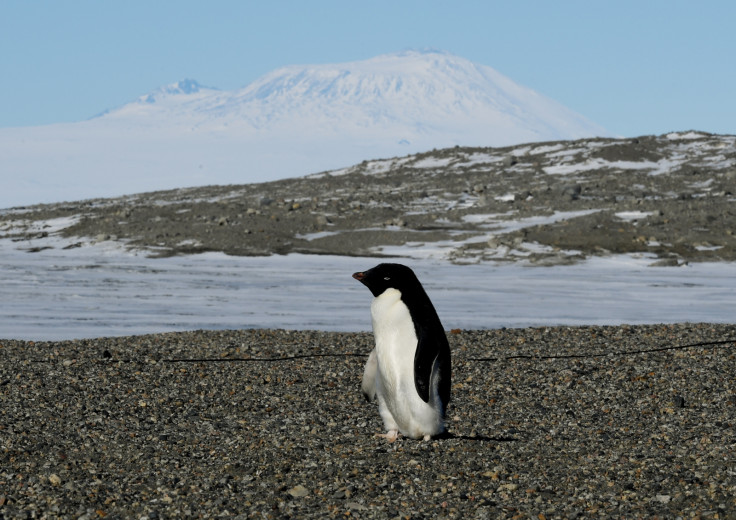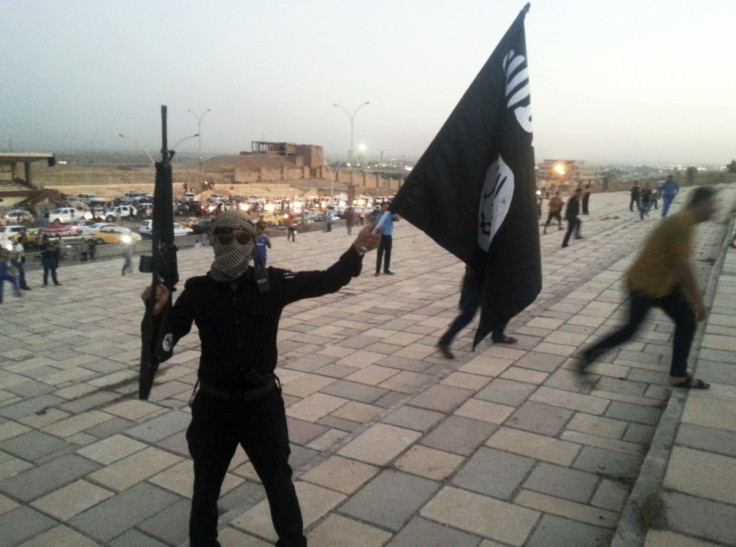Antarctica at risk of Isis terrorist attack claims British government
Visitors to the South Pole have been warned about a possible threat from Syria-inspired terrorists.

Visitors to the South Pole need to be wary of many things from frostbite to getting lost in the driest and windiest conditions on Earth.
And now also, according to the British government, there is the possibility of stumbling across a band of Isis fighters.
The UK Foreign Office has issued a bizarre terrorism warning for citizens wishing to travel to its territory in Antarctica – a security chief has criticised the move as "pointless back covering".
The message on the department's foreign travel advice section reads: "Although there's no recent history of terrorism in the British Antarctic Territory, attacks can't be ruled out.
"There's a heightened threat of terrorist attack globally against UK interests and British nationals, from groups or individuals motivated by the conflict in Iraq and Syria. You should be vigilant at this time."
The British Antarctic Territory is a 660,000 square mile stretch of the icy continent that includes the South Pole. It is uninhabited, except for two scientific research stations – and several species of penguin.
Colonel Richard Kemp, who led the British Army into Afghanistan in 2003, told The Sun: "MI5's then-director-general once said there was a terror threat almost everywhere except Antarctica. Now they've put Antarctica on the list.
"We expect guidance based on intelligence, not a pointless exercise in back-covering – unless I've missed the Islamic State Polar Brigade.''
The British Antarctic Territory is the largest of the 14 British Overseas Territories, which include the tiny Carribbean islands of Bermuda and The Bahamas.
Similar advice concerning terrorist attacks has also been issued for these paradise holiday destinations.

Ex-Metropolitan police detective and security advisor Ian Horrocks was equally damning of the highly cautious travel advice. "The idea of Isis terrorism at the South Pole is ridiculous," he said. "It may put people at risk, as warnings with little credible explanation are often ignored.''
© Copyright IBTimes 2025. All rights reserved.





















